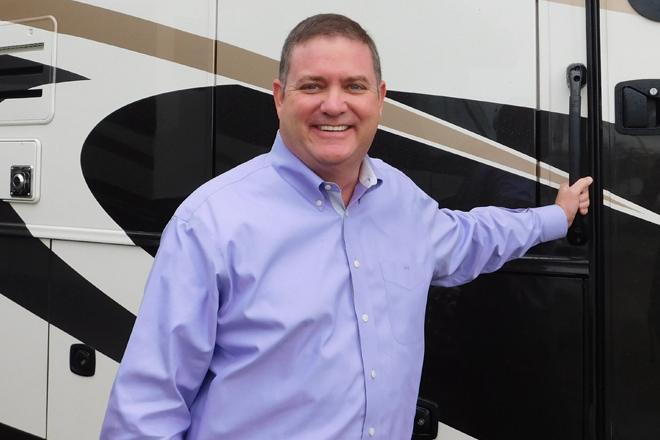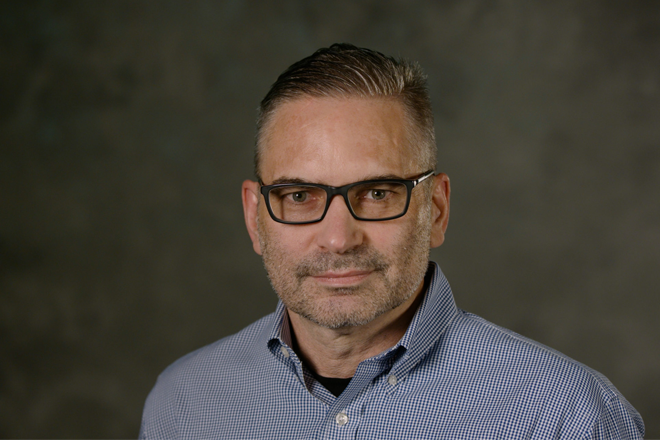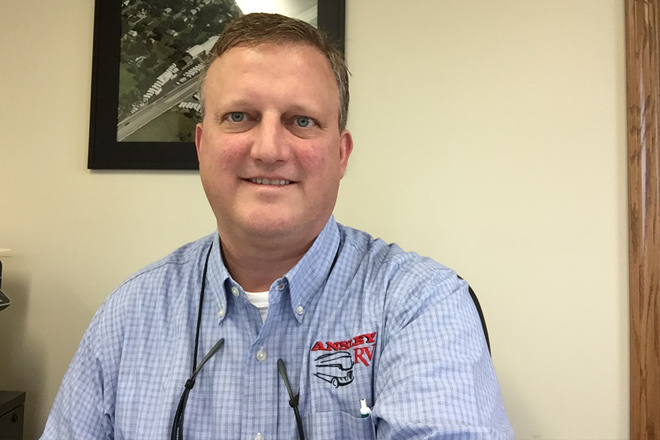How do you explain the value of 20 Group?
Mike Regan: The best thing about 20 Group is there’s someone you can pick up the phone and call any time. They understand where I’m at. As 20 Group members, we talk constantly. We typically meet three or four times a year, but I would say I talk to a 20 Group member at least once a month, if usually not more often than that.
What does NCM do different than other 20 Groups?
MR: I think that NCM probably does more hands-on training than some of the other competitors out there, outside of our industry for 20 Groups. Of course, and then the fact that they have had experience in a dealership makes a big difference too.
How does NCM add value to 20 Groups?
MR: The nice thing about NCM: they’re always trying to improve. They don’t get to a point where they go, “Look, we’ve got these reports and they’re great,” and that’s all you’re getting. They’re constantly looking and upgrading their system and coming out with better reports and ways for us to look at things. They recently have … I’m sure you’re aware, they’ve completely revamped their system and their computer programs. Some of the reports that we’re getting now are lot more detailed than we got five or six years ago.
How does your 20 Group support you during lean years?
MR: Especially during those lean years, I think you’ll hear people refer to market conditions versus management conditions. I would say that NCM offers a little more insight towards when the lean years are coming. I would say that someone in the group … you’re sitting down and talking with twenty people that own a business, they can see further in the future sometimes than you can looking at your own dealership. Someone in that group, they usually will see something or relate to something that has happened to them in the past, and will help you realize, okay, we’re fixing to come to a blip here on the radar. We need to plan things differently than we would if you were just looking at your business on your own. Is there some foreshadowing? I would say absolutely.
The last couple of times I’ve seen a recession or a blip on the radar, it was always brought to my attention in the 20 Group prior to it happening. Then doing things that the 20 Group will help you do, that you knew you had to do, you probably knew it all, but they pointed things out that you had forgotten.
In our 20 Group, we had a meeting in March of 2007, and one of the members wasn’t at the meeting. He called me and asked me what we talked about. I don’t remember the conversation, but he tells me that I told him that we decided to reduce our inventory in March of 2007. That was twelve months before the Great Recession, and he reminded me a couple years later when he was going through his notes that we had had that conversation. Yeah, it’s eye-opening events, especially when you look back at some of your notes and things that you take. Then you see where our things pan out.
Beyond relationships, what other benefits have you received from 20 Group?
MR: There’s certainly some cost savings that someone else will come into your dealership and point out. Things that you don’t see every day. A friend of mine in another industry joined NCM, completely different industry. Not at all a dealer. His first meeting he came back and he said he saved thirty thousand dollars from one idea. That’s pretty powerful. When you show up to a meeting and you think you’re not going to learn anything, and someone points out something you’re doing wrong, and you make thirty grand.
How does NCM’s experience in other industries impact your 20 Group?
MR: One of the things that we always do is we talk about other industries with our moderator. Some of the things that are happening, whether it’s in the boat industry or the motorcycle industry, or some of the other industries that [our moderator] touches, the moderator usually will be coming from two or three meetings in different industries come to our meeting, and certainly I’m sure he’s taken some of the information from us and passes it along as a group, what’s happening in our industry. We all learn from that.
How does your relationship with your moderator push you?
MR: [Our moderator] is an excellent coach, and he helps take your business to the next level. There’s no question, and continually doing that. There’s a lot of the dealers across the country that owe their entire success story in large part to the NCM group. [They] help us all succeed and get better. There’s no question that sometimes I’ll be sitting in a meeting and I think, “Here’s what I want to do,” and [our moderator] will go, “No, you could do three times that. You can do better than that.” He pushes you, as do the other members of the group.
I think [our moderator] helps everybody be a better person all around. We go to 20 Group expecting to look at the numbers, but [our moderator] helps you do a lot more things. He helps you become a better leader and a better employer, and a better husband, a better wife, whatever it may be. Some of the things that we spend a lot of time with has nothing to do with the business, but it has to do with personality traits and just getting along with people in general.
Which of NCM’s tools do you use outside of 20 Group?
MR: I go through a lot of their reports online, constantly looking at where we rank. It’s a barometer, it’s a way for me to – I’m a little competitive – and it’s a way for me to compete against dealers that I’m not necessarily competing with outside my market, but enables me to be a better business person.
How have your managers benefitted from the Service Management course?
MR: It helps them become better managers, it helps them manage their people, it helps them manage their department. I would say that any time you help employees get better, your business will be better because of it.
Overall, what has been your takeaway from the time you’ve spent working with NCM?
MR: I would say that the biggest thing is that NCM management helps any business get better at what they’re doing, whether in good times or bad. They help you maximize in the good times, and in the bad times, they help you through it, doing things that you necessarily wouldn’t do on your own.
Someone in the group has been through what you’re going through. When you have a crisis, you need to be able to pick up the phone and call somebody. You’ve got twenty people or nineteen people that you can pick up the phone and call, and say, “Hey, you talked about this five years ago, or you talked about this six months ago. Now I’m going through it. I need some help.” Whether it’s something to do with the government that you’re dealing with or customers or employees, there’s always a crisis in any business I’m sure. You have nineteen people you can pick up the phone and talk to.






